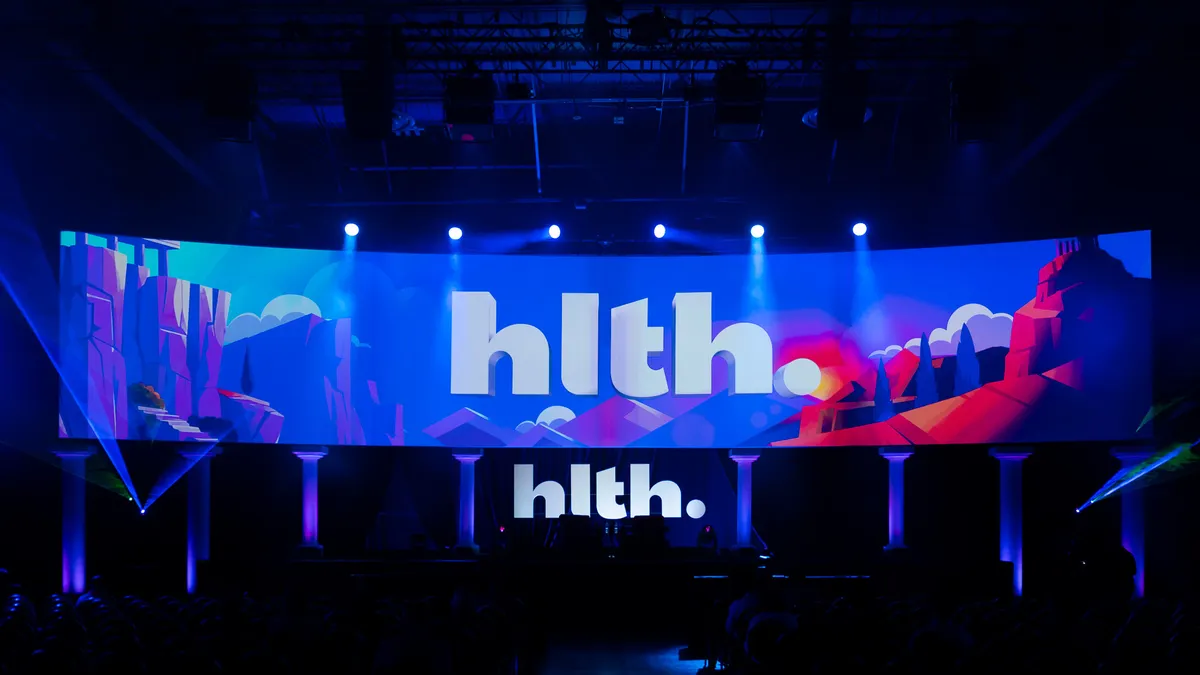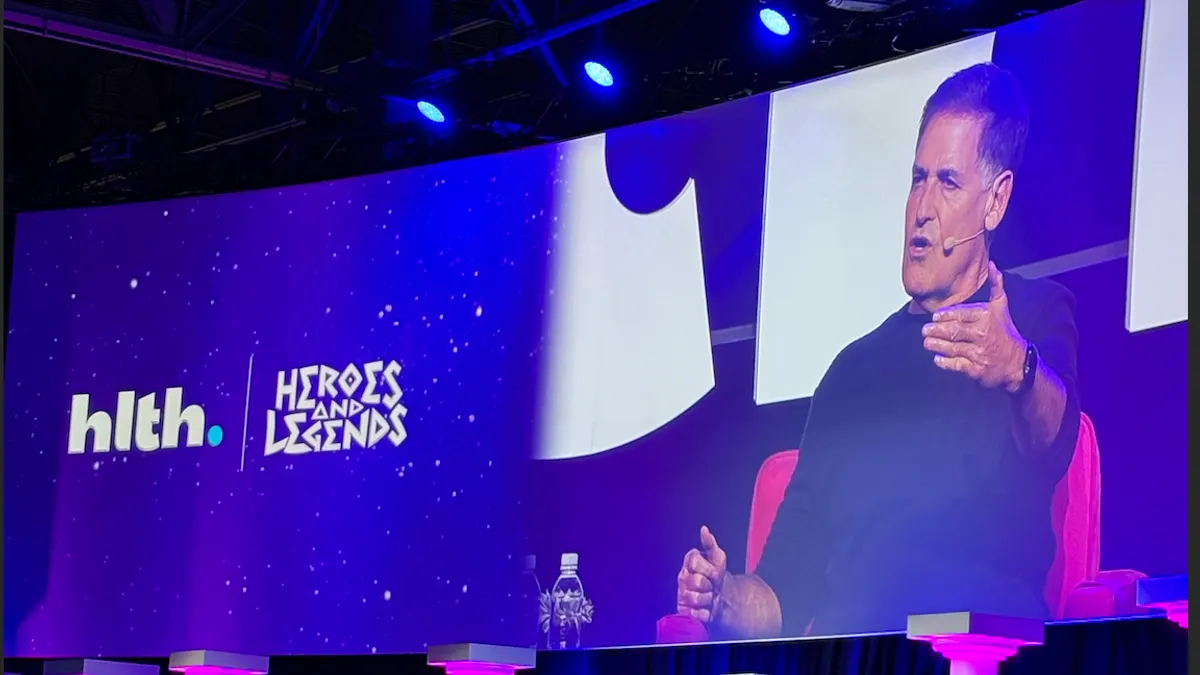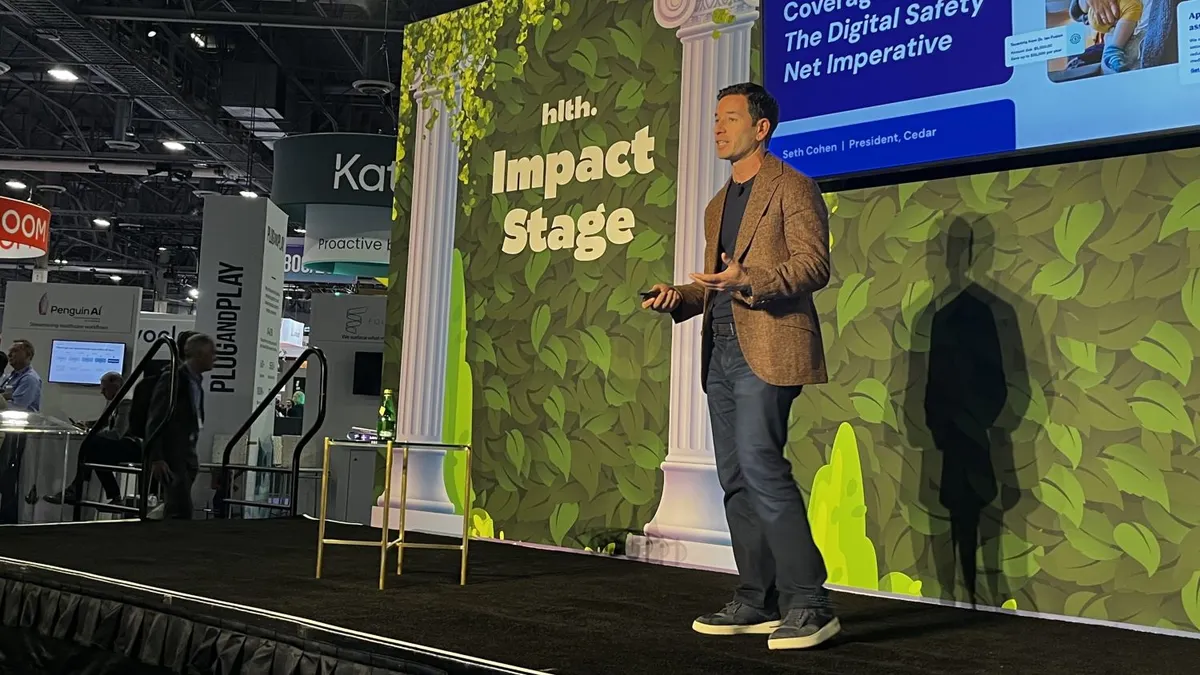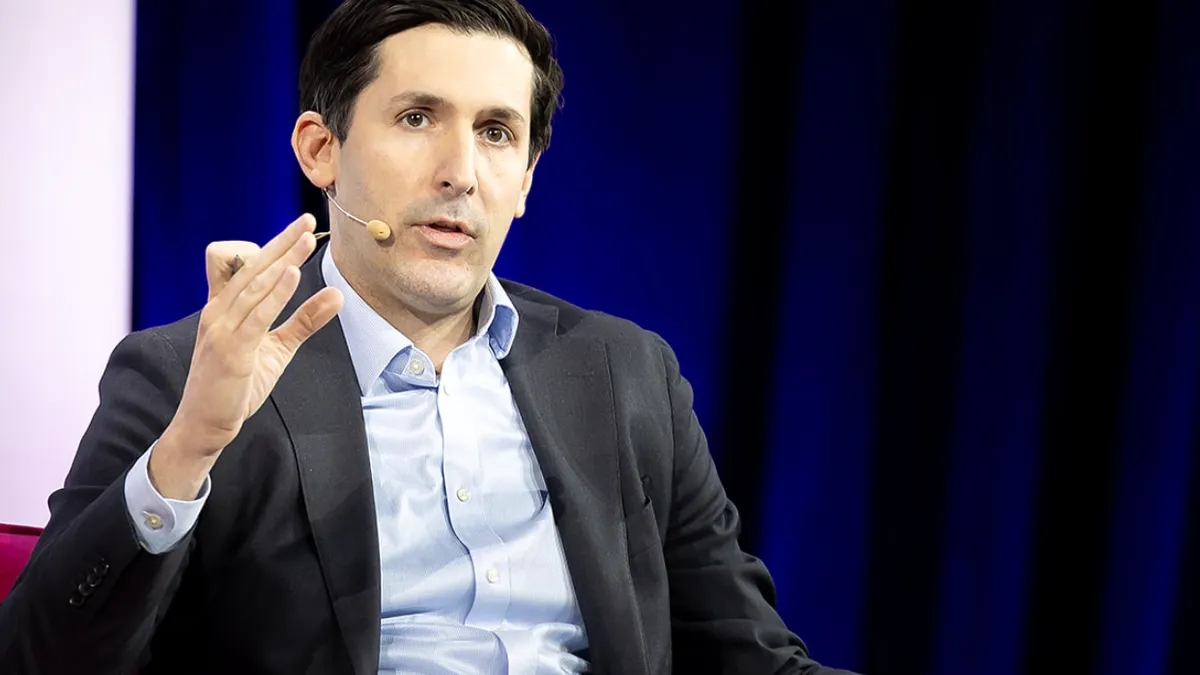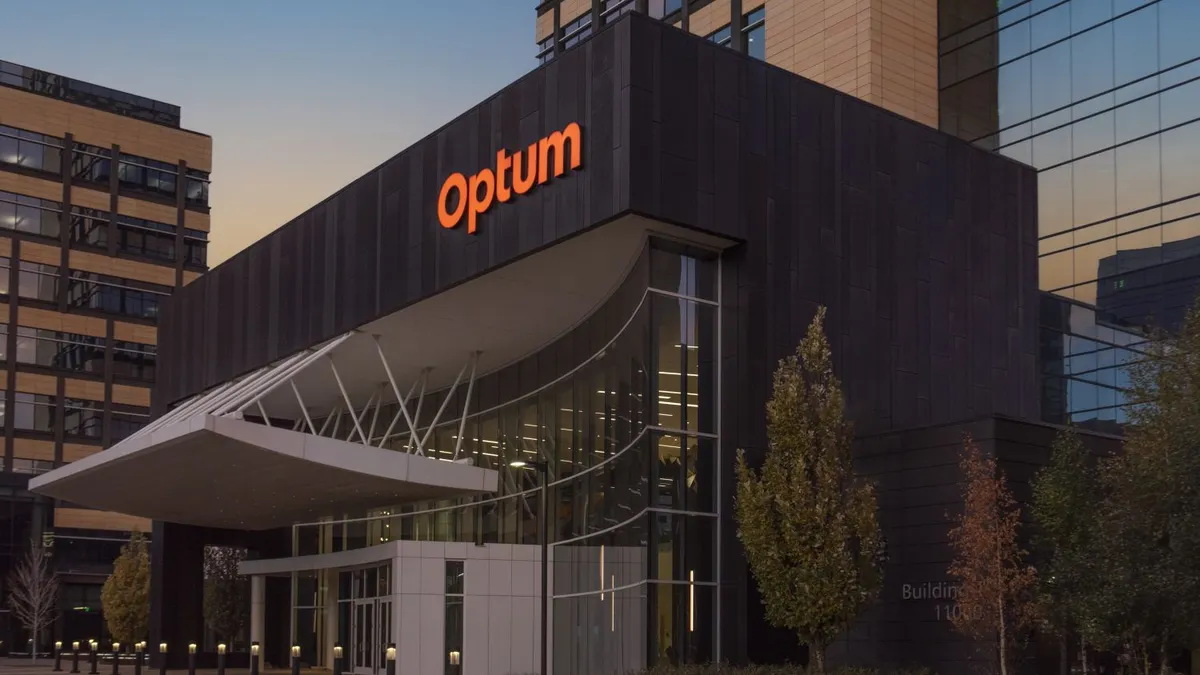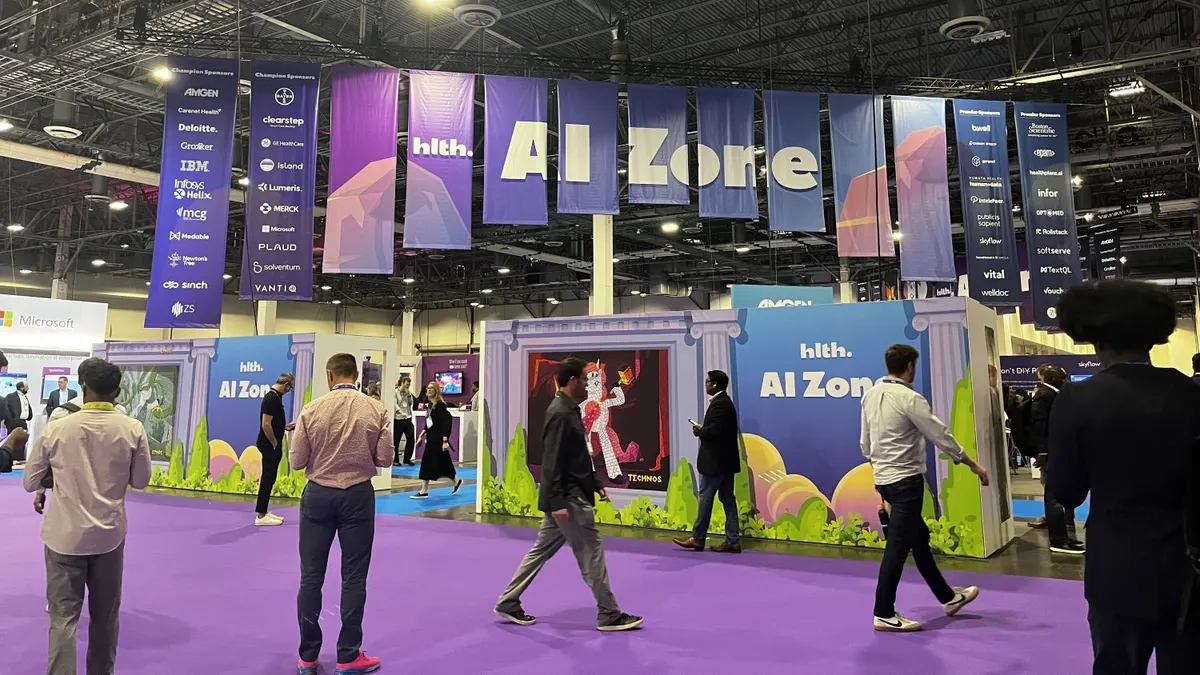LAS VEGAS — Executives from some of the nation’s top health systems took to the stage at HLTH 2025 this week to share how their newly minted technology investments are improving operations ranging from capacity management to virtual specialty care.
It’s a change from last year’s HLTH conference, when many major health systems’ more ambitious AI pilots and strategies were still in nascent stages and conference sessions on AI mostly featured technology companies.
This year, health systems including Risant Health, Advocate Health and Houston Methodist were eager to share data demonstrating that their forays into AI have been successful.
Kelly Garrison, chief value officer at Atrium Health’s primary care network One Health, said Atrium had invested in AI solutions that cut expenses by identifying disease early, allowing the provider to implement lower cost solutions. For example, they might help a patient manage high blood pressure before they need medication.
“We could all spend billions of dollars on new technologies, new tools that we all find interesting,” said Garrison. But such an investment strategy wouldn’t have the broad reach and cost savings of tools like the ones aimed at identifying early interventions, which can be used with 90% of patients.
Houston Methodist and Risant Health have leveraged AI to better manage capacity and coordinate patient care.
Capacity management has been a pain point for many overpacked health systems in recent quarters. Health systems are reluctant to build expensive new inpatient facilities, but they’re betting AI can help manage the churn of patients in the most appropriate and lowest cost setting.
Houston Medical, for example, rolled out its “smart hospital” strategy this year. The initiative improves patient monitoring through the use of wearable technology and an AI-backed “care traffic control center” that helps direct and cue care.
The control center offers AI-powered “nudges” for clinicians when patients might need a higher level of care, helping move deteriorating patients more efficiently through care settings. Houston Methodist has seen a reduction in its average mortality rate since adopting the tools, according to President and CEO Dr. Mark Boom.
“Artificial intelligence, automation, remote monitoring and digital-first services are part of our future. They are the tools that will help make our care teams make faster, safer decisions,” said Boom during a panel on Monday.
The health system plans to apply the lessons learned from the inpatient setting to home health next, and expects to move 20% of its specialty care to virtual care settings over the next three years.
Meanwhile, Risant Health, the Kaiser Permanente-owned nonprofit health system launched in 2024, has integrated value-based care guides into its electronic health record to better direct care. The guides cover the most common conditions treated in primary care and include integrated orders a primary care doctor may want to order next based on evidence-based best practices.
The primary goal of the guides is to standardize care across Kaiser Permanente and Risant facilities, which include Cone Health and Geisinger, Dr. Benjamin Hohmuth, chief medical informatics officer at Geisinger, said during a panel on Tuesday.
Risant’s parallel initiative, called Intelligent Triage, helps direct patients to the most appropriate care setting. The tool has resulted in about a 20% reduction in unnecessary emergency room encounters at Geisinger by prompting clinicians to consider lower acuity and more cost-effective options, according to Risant. Geisinger also used the tool to reduce unnecessary specialty referrals by 7% over the last year.
“It leads to faster resolution for patient concerns, lower cost sharing for patients and frees up specialty access,” said Hohmuth.
When specialists do need to be involved, Geisinger is pushing for virtual consults when possible, with Hohmuth noting “the specialist can do a lot more e-consults in an hour than they can do in person. It's a lot more convenient for the patient as well.”
Health systems also said they remain bullish on ambient AI and notetaking software to help reduce burnout.
Dr. Mark Collins, chief strategy officer at Atrium One Health, said the system’s investment in Microsoft's DAX Copilot, which automates notetaking, has helped give older providers “a new lease on caring for their patients.”
Meanwhile, Geisinger said physicians are saving approximately an hour per day through using ambient listening technology to assist in notetaking.
Notetaking tools could be influential for recruiting talent too.
“If you don’t have this technology, people on the front lines may not want to come to your facility,” Amy Meister, senior vice president of UPMC and president of its community and ambulatory services division, said about documentation tools during a panel on Tuesday.


